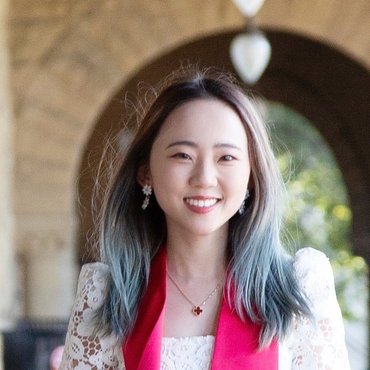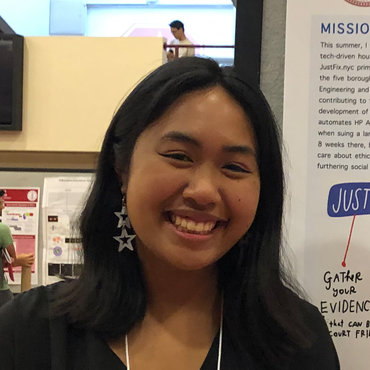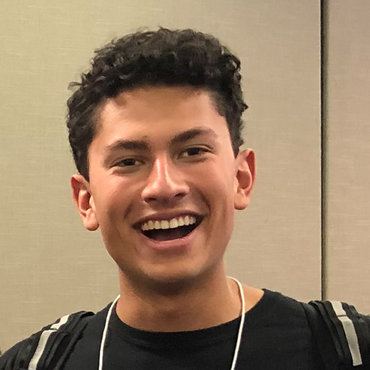
Jasmin Dalsgaard, ’21
The role of philanthropy in financing for development
“Would you ever want to go back to your old job?” I ask my dad.
He pauses for a moment before he replies, “No.”
Uganda, Bangladesh, Cambodia, Vietnam, and Malaysia. These are all the places his work for different international development agencies took us.
I often felt like I was living in a paradox; the stark contrast of poverty and abundance was noticeable everywhere I went. Yet, my dad’s frustration with the technology-driven nature of much development aid which, in his opinion, did not have enough focus on people and their worldviews troubled him.
Knowing that I didn’t want to face the same frustrations encouraged me to chart my own path while addressing what I cared about most—improving the economic livelihoods of the most vulnerable communities globally.
I was lucky to fall into philanthropy during the summer after my junior year. Through the Sand Hill Cardinal Quarter Fellowship, I interned at King Philanthropies, a family foundation dedicated to alleviating extreme poverty by supporting high-performing organizations that address fundamental human needs.
It was unplanned, as the best things in life often are. That said, my initial reaction to philanthropy was skepticism. How would this be different from traditional development funding? Philanthropy is also built on the fact that our capitalist system allows for the generation of extreme wealth, which also means extreme suffering. Would I just be perpetuating a system that continues to marginalize the communities I seek to uplift? But part of me was also curious, especially given that philanthropy is a development actor open to taking on more risk.
At King Philanthropies, I worked with a small, yet mighty team that showed me how philanthropy, despite its challenges, can be used as a force for good. My colleagues were committed to leveraging the expertise of their grantees who were rooted in the communities they were serving. I was encouraged by the work being done to strengthen the impact made by grantees through our collaboration on strategic priorities and thoughtfulness about not only the scale but also the depth of impact on individuals’ lives. We were also constantly learning and listening to different perspectives to inform us on how to be best stewards of the funds and contribute to the goal of poverty alleviation. All of this to say: I was pleasantly surprised.
Through the fellowship program, I also got to learn about the work of my peers interning at other foundations. This experience opened my eyes to the range of grantmaking models and priorities at foundations. My time at King Philanthropies let me get my feet wet in the world of philanthropy, and I wanted to take a deeper dive.
Balancing the scale and depth of impact is a delicate act in the social impact space and continues to challenge me as I think about our funding priorities in philanthropy.
In one of my projects at King Philanthropies, I learned about the significance of basic literacy and numeracy skills for building an individual’s economic autonomy, which sparked my interest in quality education. However, it became clear that effective interventions in education were not always as cost-effective as interventions in other areas. But what if costlier interventions lead to more lasting impact in the long-term, despite not initially reaching as many individuals? How do we balance the need to support communities in both the short- and long- term?
This question is a core pillar of my motivation to continue exploring philanthropy. I was fortunate to receive the Tom Ford Fellowship in Philanthropy in March 2021 and structured my search process of foundations and funding models with this very question in mind. I know it’s something that will always challenge me—depth being much more difficult to measure and convey than breadth—but it keeps me curious and wanting to learn more.


